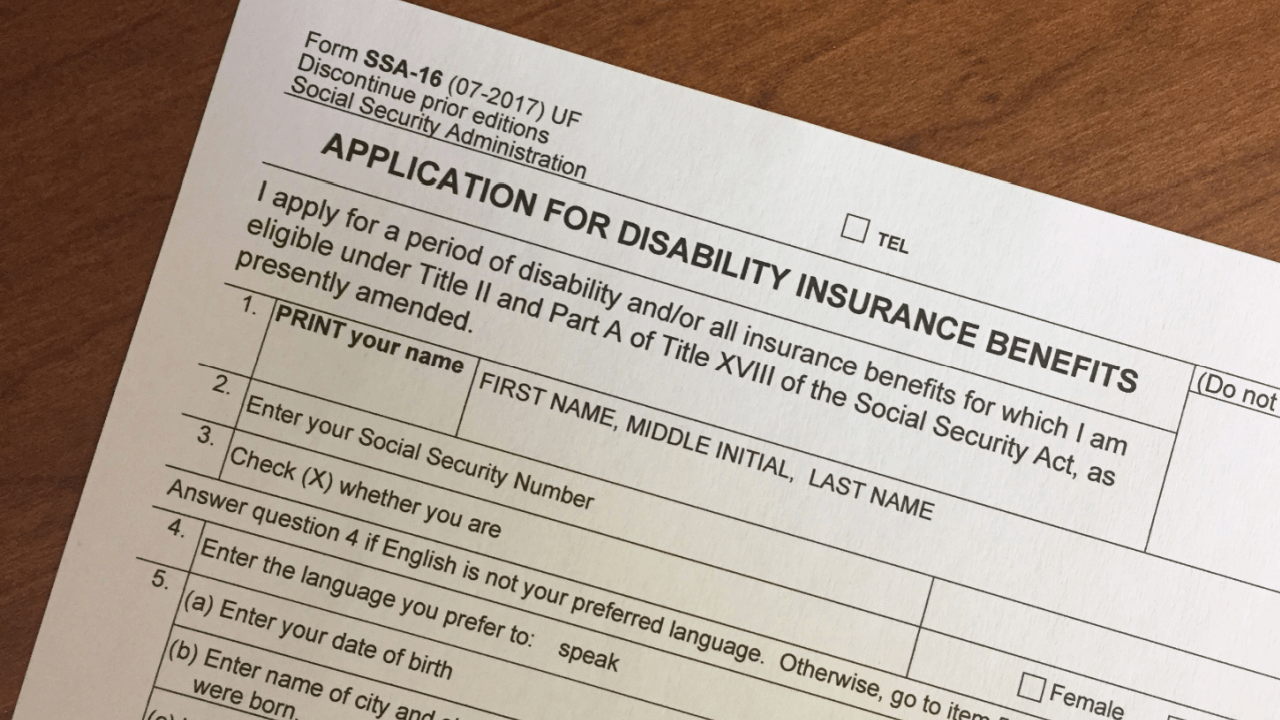
What to Say to Get Approved for Disability? How to Present Your Case Clearly and Honestly
Quick Answer: What to Say to Get Approved for Disability
When applying for Social Security Disability Insurance (SSDI), how you communicate your limitations is nearly as important as the medical evidence you submit. Many applicants ask how they should communicate their limitations when applying for disability.
The answer isn’t about saying “magic words”—it’s about providing clear, consistent, and medically supported descriptions of how your condition limits your ability to work. Missteps in communication, even unintentional ones, can lead to delays or denials.
In this article, we’ll cover how to effectively present your case to the Social Security Administration (SSA), avoid common mistakes, and strengthen your chances of approval.
SSDI Focus: Key Topics to Emphasize in Your Claim
When communicating with SSA—whether on forms, at consultative exams, or in hearings—it’s crucial to focus on how your condition limits your ability to function in a work setting, not just your diagnosis.
Here’s what to focus on:
Describe Functional Limitations Clearly
Talk about how your condition affects basic tasks, such as:
- Sitting for extended periods
- Standing or walking without needing frequent breaks
- Lifting objects
- Concentrating or completing tasks on time
- Dealing with stress or interacting with others
Example: “Because of my degenerative disc disease, I cannot sit for more than 20 minutes without severe pain requiring me to change positions.”
Be Specific About Daily Struggles
Describe a typical day. SSA wants real-world examples, like:
- Needing help dressing
- Struggling to cook meals
- Missing medical appointments due to mobility or mental health issues
Link Medical Symptoms to Work Problems
Connect your diagnosis to specific work limitations:
- Migraines causing frequent absences
- Anxiety preventing social interactions necessary for teamwork
- COPD limiting physical exertion needed for manual jobs
Common Mistakes: What to Avoid When Describing Your Disability
While it’s important to communicate openly, certain common mistakes can unintentionally hurt your case.
Downplaying Symptoms
Many applicants minimize their limitations out of pride or hopefulness. Unfortunately, this can lead SSA to think you’re capable of working full-time.
Solution:
Be honest about your struggles. Acknowledge good days and bad days but emphasize how often your condition limits you.
Exaggerating Symptoms
Overstating your symptoms can also harm credibility. SSA examiners are trained to spot inconsistencies between statements and medical records.
Solution:
Stick to the facts and provide specific examples, backed by medical evidence wherever possible.
Focusing Only on the Diagnosis
SSA does not approve benefits based solely on diagnoses. Instead, they evaluate the impact of your condition on your ability to work.
Solution:
Focus on functional limitations, not just medical terms.
Inconsistent Statements
Inconsistencies between your statements on forms, during exams, or at hearings can seriously damage your credibility.
Solution:
Prepare thoroughly and remain consistent throughout the process. If you’re unsure, consult a disability attorney for guidance on how to present your case truthfully and clearly.
What to Say to Get Approved for Disability? Final Thoughts
When applying for disability, the key is to focus on how your condition affects your day-to-day functioning and your ability to maintain full-time employment. Use clear, specific, and honest descriptions tied directly to your medical evidence. Avoid exaggerations or minimizing symptoms—credibility and consistency are important throughout the SSDI review process.
Get Professional Help to Strengthen Your Disability Application
Navigating SSA requirements and communicating your disability clearly can be difficult, especially when you’re already managing serious health challenges.
Social Security Disability, powered by Legal Brand Marketing, connects applicants with experienced disability attorneys who know how to build persuasive, evidence-based claims that align with SSA expectations.
Contact us to get matched with a knowledgeable disability lawyer who can help you present your case clearly and ensure your information is organized and consistent.
Frequently Asked Questions (FAQs)
1. Should I describe my worst days when applying for SSDI?
Yes. SSA evaluates your ability to work consistently, so it’s important to describe how bad days affect your ability to maintain employment.
2. Is it okay to admit I have some good days?
Yes. Being honest about occasional good days adds credibility, as long as you emphasize that overall, you cannot sustain full-time work.
3. Should I explain how I struggle with daily activities?
Absolutely. Showing how your condition limits basic tasks strengthens your case by illustrating real-world impacts.
4. How detailed should my descriptions be?
Provide clear, specific examples. Instead of saying “I can’t walk far,” say “I can only walk 50 feet before needing to rest.”
Accordion 5. Can a lawyer help me prepare for my SSDI hearing or paperwork?
Yes. Disability lawyers help ensure your statements are consistent, clear, and focused on the right details to maximize approval chances.
5. Can a lawyer help me prepare for my SSDI hearing or paperwork?
Yes. Disability lawyers help ensure your statements are consistent, clear, and focused on the right details to maximize approval chances.
Key Takeaways
- Focus on describing functional limitations, not just your diagnosis.
- Be specific, honest, and consistent in all communications with SSA.
- Avoid exaggerations or minimizing your symptoms.
- Connect medical symptoms directly to your inability to work full-time.
- Legal Brand Marketing connects you with experienced disability lawyers who know how to present strong, winning SSDI claims.


